
Title: Non-alcoholic fatty liver disease, diet and gut microbiota
What Caught Our Attention: The paper was co-authored by Carmine Finelli, who in the past took responsibility for a dramatic transgression: Stealing material from an unpublished manuscript by one of its reviewers. After the paper that stole from the manuscript was retracted in 2016, Finelli earned a second retraction earlier this year — again, for plagiarism. (He’s also lost another paper from Oncotarget, which was removed without any information.) Now, a fourth retraction has popped up, for using material “published previously.” Unsure of the source of this material, we Googled some of the phrases from the retracted article. While we cannot say for sure, we offer these comparisons for you — the reader — to consider: Continue reading Caught Our Notice: 4th retraction for peer reviewer who stole manuscript
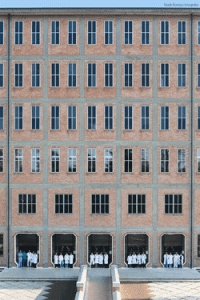

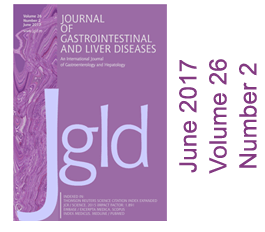
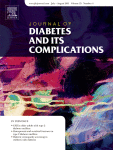
 A journal has flagged a paper by a researcher who has questioned the safety of genetically modified organisms, after receiving concerns that there were issues with some images.
A journal has flagged a paper by a researcher who has questioned the safety of genetically modified organisms, after receiving concerns that there were issues with some images.
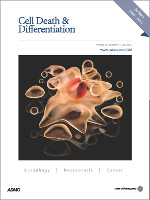 Researchers have retracted a biology paper that included an image mismatch — despite the fact that, as they claim, another image in the same paper confirms the original findings.
Researchers have retracted a biology paper that included an image mismatch — despite the fact that, as they claim, another image in the same paper confirms the original findings.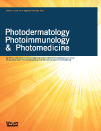 Researchers have agreed to pull a 2015 study exploring whether a plant extract can safeguard tanners from ultraviolet exposure after not obtaining formal approval from an ethics committee.
Researchers have agreed to pull a 2015 study exploring whether a plant extract can safeguard tanners from ultraviolet exposure after not obtaining formal approval from an ethics committee.